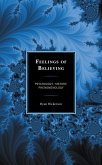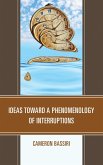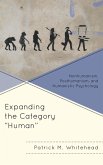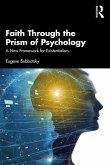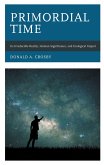In Feelings of Believing: Psychology, History, Phenomenology, Ryan Hickerson demonstrates that philosophers as diverse as Hume, Descartes, Husserl, and William James all treated believing as feeling. He argues that doxastic sentimentalism, therefore, is considerably more central to modern epistemology than philosophers have recognized. When the empirical psychology of overconfidence and attention is brought to bear on the history of philosophy and the phenomenology of believing, all point toward belief as fundamentally affective. Understanding believing as feeling has the potential to make us better believers, both by encouraging suspicion of unexamined certainties and by focusing attention on credulity. Hickerson argues that believing is typically felt but not given attention by the believer, and he suggests that virtuous believers are those who pay careful attention to their own sentiments-- who attempt to raise their beliefs to the level of judgments.
Bitte wählen Sie Ihr Anliegen aus.
Rechnungen
Retourenschein anfordern
Bestellstatus
Storno



